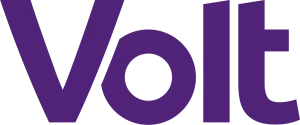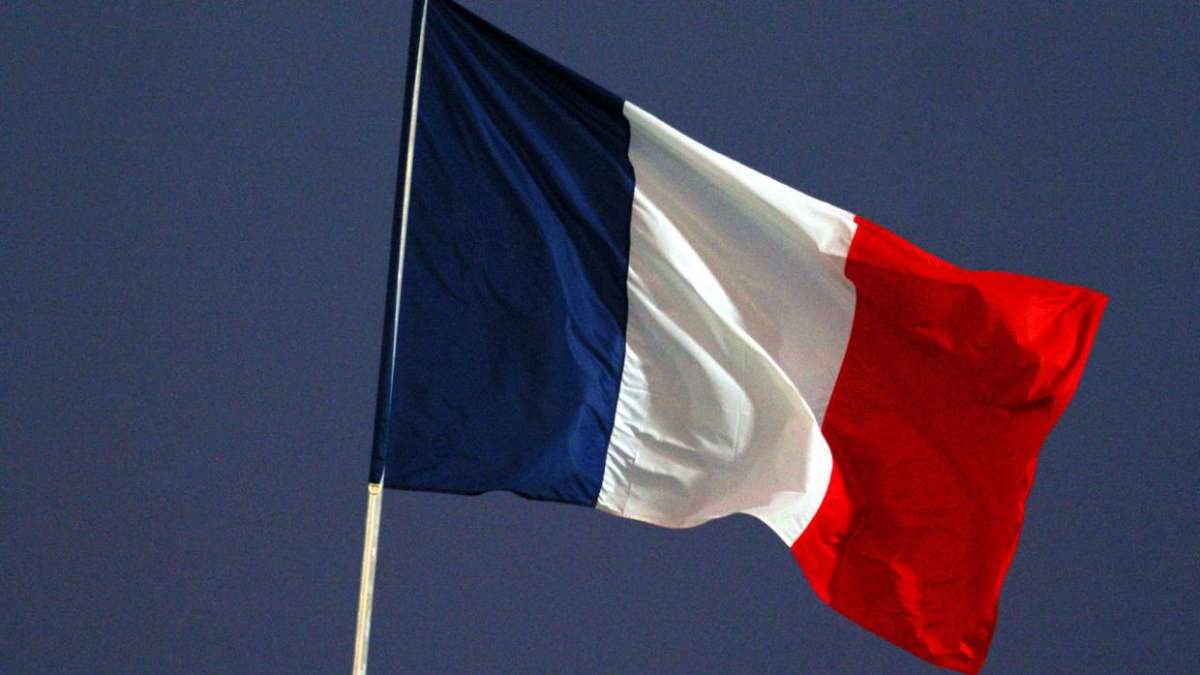We’re wishing you a very happy new year! 2022 is going to be an exciting year for Volt Ireland as we will focus on continuing to grow our chapter, finalizing to register as a political party and writing our manifesto.
January marks the 20-year anniversary of the Euro. In 2002, the joined currency was introduced to twelve EU member states, and another seven member states introduced it since.
First ideas of a European currency date back to the late 1920s, followed by several relaunches of the idea throughout the 20th century. When the Euro was finally introduced, it quickly became a success story.
Yet, as the financial crisis has shown, the Euro has some inherent weaknesses that Volt believes must be resolved to strengthen not only the Euro but the EU as a whole. Hence, future-proofing the Euro is part of our 5+1 challenges.
To kick-off the year, we want to have a look at Ireland’s closest EU neighbour: France. That’s right, after the UK has left the EU, France is now Ireland’s closest EU neighbour.
For the first half of 2022, France holds the Presidency of the Council of the European Union during which we can assume that French president, Emmanuel Macron, will put a strong focus on European integration.
Volt France took the French EU presidency as a starting point to bring together all country chapters and create their Whitepaper: The European Momentum, a list of 27 concessions to legitimize the EU for the French Presidency of the Council of the European Union. The list consists of one concession per EU member country to drive European integration, covering topics such as Rule of Law, Finance, Climate, Democracy & Human Rights, and Security.
French Irish Relations
France and Ireland have established strong relations during the 20th century and work closely together on a cultural, economic, and political level.
There are approximately 10,000 French living in Ireland (2013 CSO data) although unofficial estimates are closer to 20,000, and roughly 60% of Irish secondary school students study French.
In 2018, Ireland joined the Organisation internationale de la Francophonie (OIF) as an observer country. The OIF, or simply Francophonie, is an international organization representing countries in which French is a widely spoken language or where there is a notable connection with France and its culture.
In economic terms, France is Ireland’s 6th largest supplier and 6th largest customer (2013 CSO data) highlighting the strong economic ties between the two countries. One of the big projects that are currently being developed is the so-called Celtic interconnector: a submarine power cable between the coast of Ireland and the coast of France that is planned to be built by 2026.
The most obvious level of political cooperation is of course the European Union. But Ireland and France also work together on a global level, especially as Ireland currently has a seat at the United Nations Security Council as a non-permanent member while France is a permanent member.
Volt France’s concession in the above-mentioned European Momentum whitepaper is to cede France’s permanent seat to the EU!
At home, France has important elections coming up in spring 2022.
On April 10th and 24th the French will be asked to elect a new president. France has a two-round system for its presidential elections, and, as one of the big EU member states, the result will be important too for smaller countries like Ireland.
Macron’s electoral success in 2017 pretty much broke the traditional left-right duopoly in France, while this time he’s facing three main opponents reaching from the center-right to the far-right. Several low-polling candidates on the left are unlikely to make it to the second round.
We will keep a close eye on the electoral campaign and keep you posted.
For all questions, or if you have any feedback for us, please reach out to [email protected] or find us on Facebook, Instagram or Twitter.
Stay safe!

